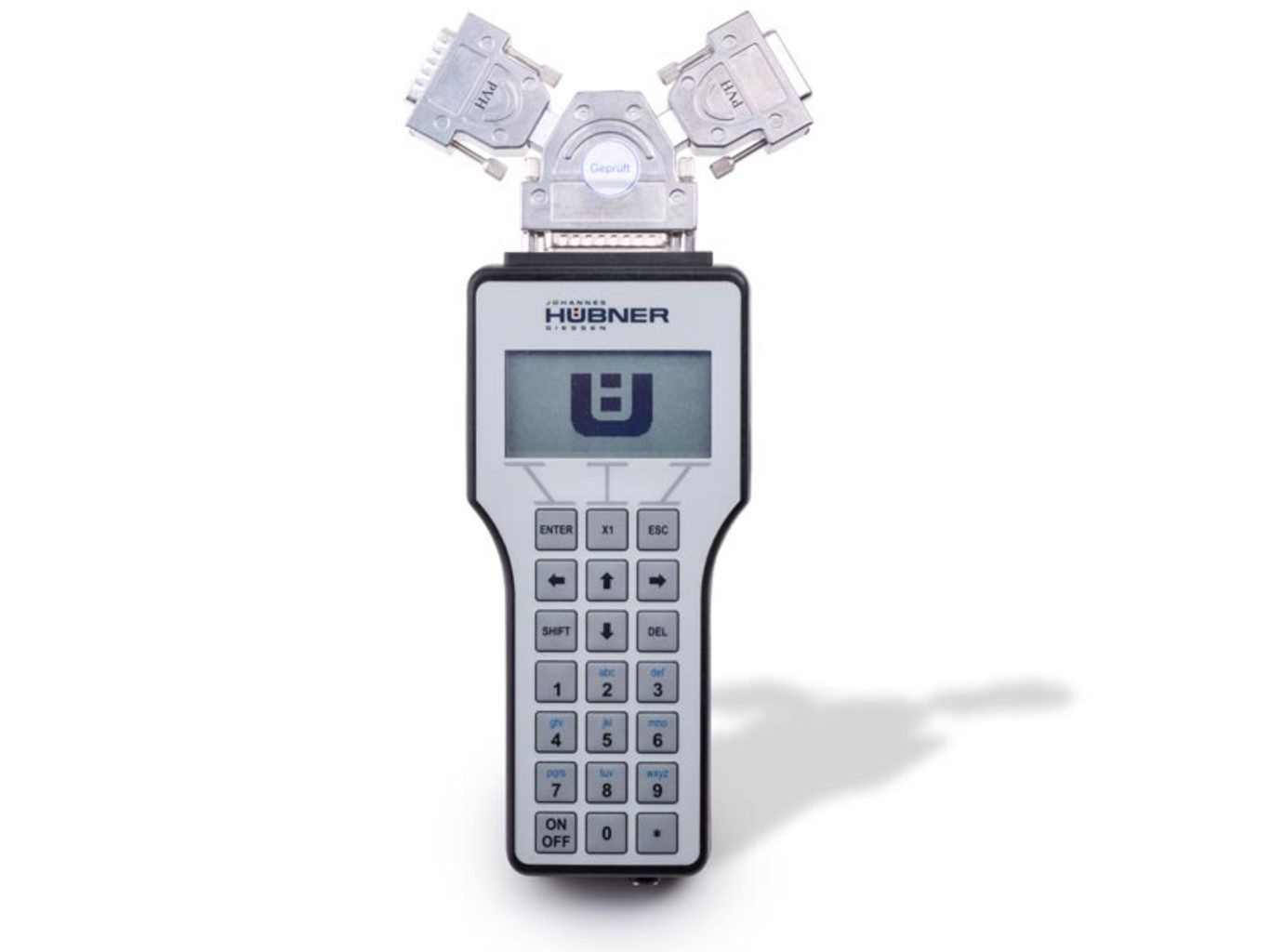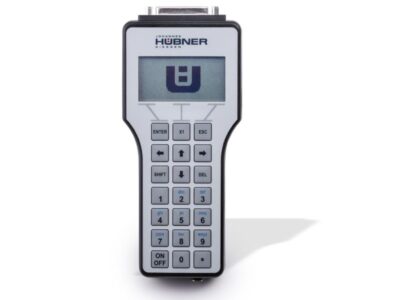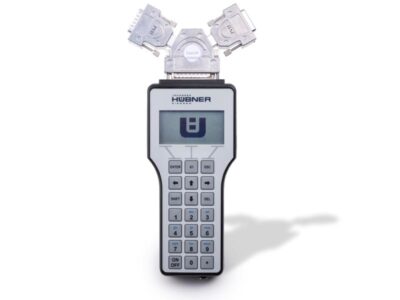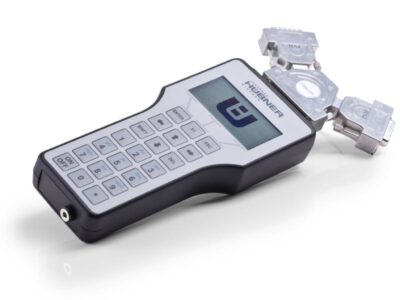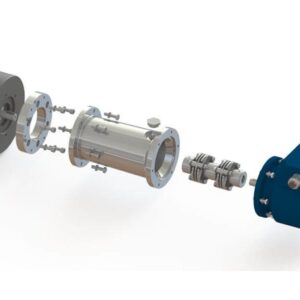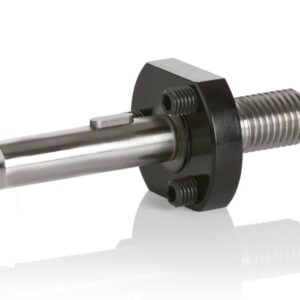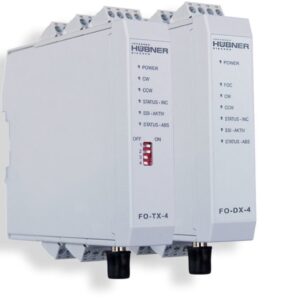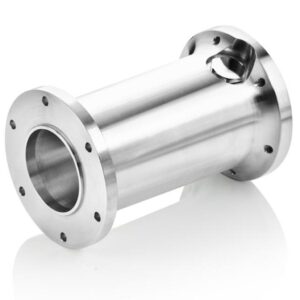Description
EDU
Portable diagnostic unit for incremental encoders
- Functional test of installed incremental encoders
- Indispensable for commissioning, repairs and maintenance
- Versatile measuring and test functions
- Including rotational frequency modulation
Portable diagnostic unit for incremental encoders
Encoder diagnostic units are multipurpose, portable diagnostic units designed to test the functions of installed incremental encoders on site. They are equipped with a display and offer an extensive range of functions. Amongst others these include TTL/HTL recognition, pulse rate acquisition, signal testing, frequency measurement, speed measurement as well as amplitude measurements. Furthermore, they are suitable for rotational frequency modulation measurements to assess the quality of the encoder attachment.
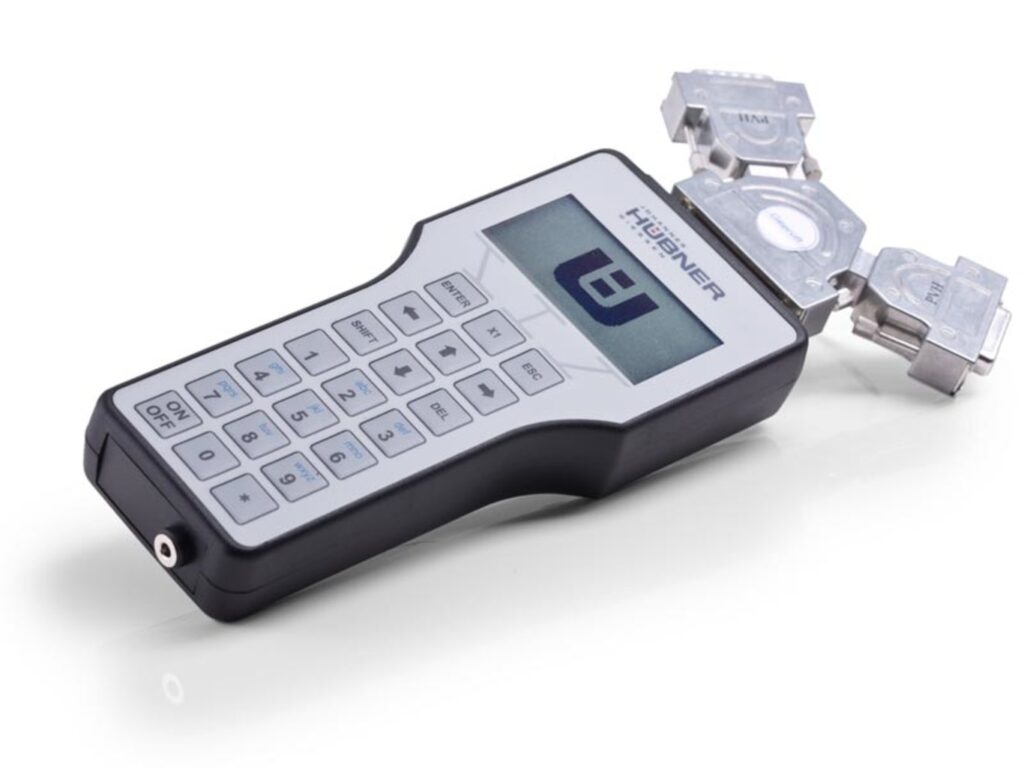
Technical Data
| Product usage | Perform function check of incremental encoders |
| Supply voltage | 12 – 30 V DC |
| Signal input | Incremental encoder (0-30 V) |
| Signal output | Display following data/functions:
|
| Frequency range | 0 – 100 kHz |
| Casing | Portable diagnostic unit in compact, impact resistant housing |
| Dimensions | 190 x 90 x 35 mm |
| Device temperature range | |
| Degree of protection | |
| Electrical connection | 24 pole PHOENIX COMBICON male header |
| Device options | Additional PC software to save, read and display values (included in scope of supply) |
| Mechanical options | Scope of supply of device:
|
| Special features and certificates |
Downloads
EDU Portable Diagnostic Unit for Incremental Encoders By Hubner Australia
Introduction
This article will explore the EDU Portable Diagnostic Unit for Incremental Encoders offered by Hubner Australia. The EDU unit is a versatile and efficient device designed for diagnostic purposes in relation to incremental encoders. It provides comprehensive functionality and features that allow for accurate analysis, troubleshooting, and maintenance of incremental encoders. In the following sections, we will delve into the key features, applications, and benefits of the EDU Portable Diagnostic Unit, providing a comprehensive overview of this innovative product.
I. Key Features of the EDU Portable Diagnostic Unit
The EDU Portable Diagnostic Unit for Incremental Encoders incorporates several key features that make it a valuable tool for diagnostic purposes. Some of its notable features include:
- Portable and User-Friendly Design: The EDU unit is compact, lightweight, and designed for easy portability. It allows technicians and engineers to conveniently perform diagnostic tasks on-site or in the field. The user-friendly interface ensures ease of operation and efficient navigation through the unit’s functionalities.
- Comprehensive Diagnostic Capabilities: The EDU unit offers a wide range of diagnostic functionalities specifically tailored for incremental encoders. It enables the analysis of signal quality, evaluation of encoder performance, detection of potential faults or errors, and real-time monitoring of encoder behavior.
- Flexible Connectivity Options: The EDU unit provides various connectivity options, allowing seamless integration with different types of incremental encoders. It supports common interface protocols, such as RS-422, HTL, and TTL, ensuring compatibility with a wide range of encoder models.
- Data Logging and Reporting: The unit is equipped with data logging capabilities, enabling the recording and analysis of diagnostic results over time. This feature facilitates trend analysis, historical comparisons, and the generation of comprehensive diagnostic reports for further analysis or documentation.
II. Applications of the EDU Portable Diagnostic Unit
The EDU Portable Diagnostic Unit finds extensive use in various industries where incremental encoders are employed. Some notable applications include:
- Manufacturing and Industrial Automation: The EDU unit is utilized in manufacturing and industrial automation processes where incremental encoders are used for precise position, speed, or motion control. It enables efficient diagnostic analysis, ensuring optimal performance and reliability of the encoder systems.
- Robotics and Motion Control Systems: In the field of robotics and motion control, incremental encoders play a crucial role in providing accurate feedback for position and movement control. The EDU unit assists in diagnosing encoder-related issues, enabling timely maintenance and minimizing downtime.
- Automotive and Aerospace Industries: Incremental encoders are utilized in various automotive and aerospace applications, such as engine control, navigation systems, and flight control. The EDU Portable Diagnostic Unit facilitates the evaluation and maintenance of encoders in these critical systems, ensuring safe and efficient operation.
- Research and Development: The EDU unit is valuable in research and development settings where incremental encoders are utilized for experimental setups, data acquisition, or testing purposes. It allows for in-depth analysis and troubleshooting, aiding researchers and engineers in their projects.
III. Benefits of the EDU Portable Diagnostic Unit
The EDU Portable Diagnostic Unit offers several benefits that contribute to efficient diagnostic processes and enhanced performance of incremental encoders:
- Time and Cost Savings: The comprehensive diagnostic capabilities of the EDU unit enable efficient troubleshooting and maintenance, reducing downtime and minimizing the need for costly repairs or replacements.
- Increased Reliability: By identifying potential faults or errors in incremental encoders at an early stage, the EDU unit helps prevent system failures, ensuring reliable and uninterrupted operation in various applications.
- Enhanced Productivity: The portability and user-friendly design of the EDU unit allow technicians and engineers to perform diagnostic tasks quickly and effectively, leading to improved productivity and operational efficiency.
- Accurate Analysis and Reporting: The EDU unit’s data logging and reporting features provide accurate and detailed information about the performance and behavior of incremental encoders. This information aids in precise analysis, decision-making, and documentation.


